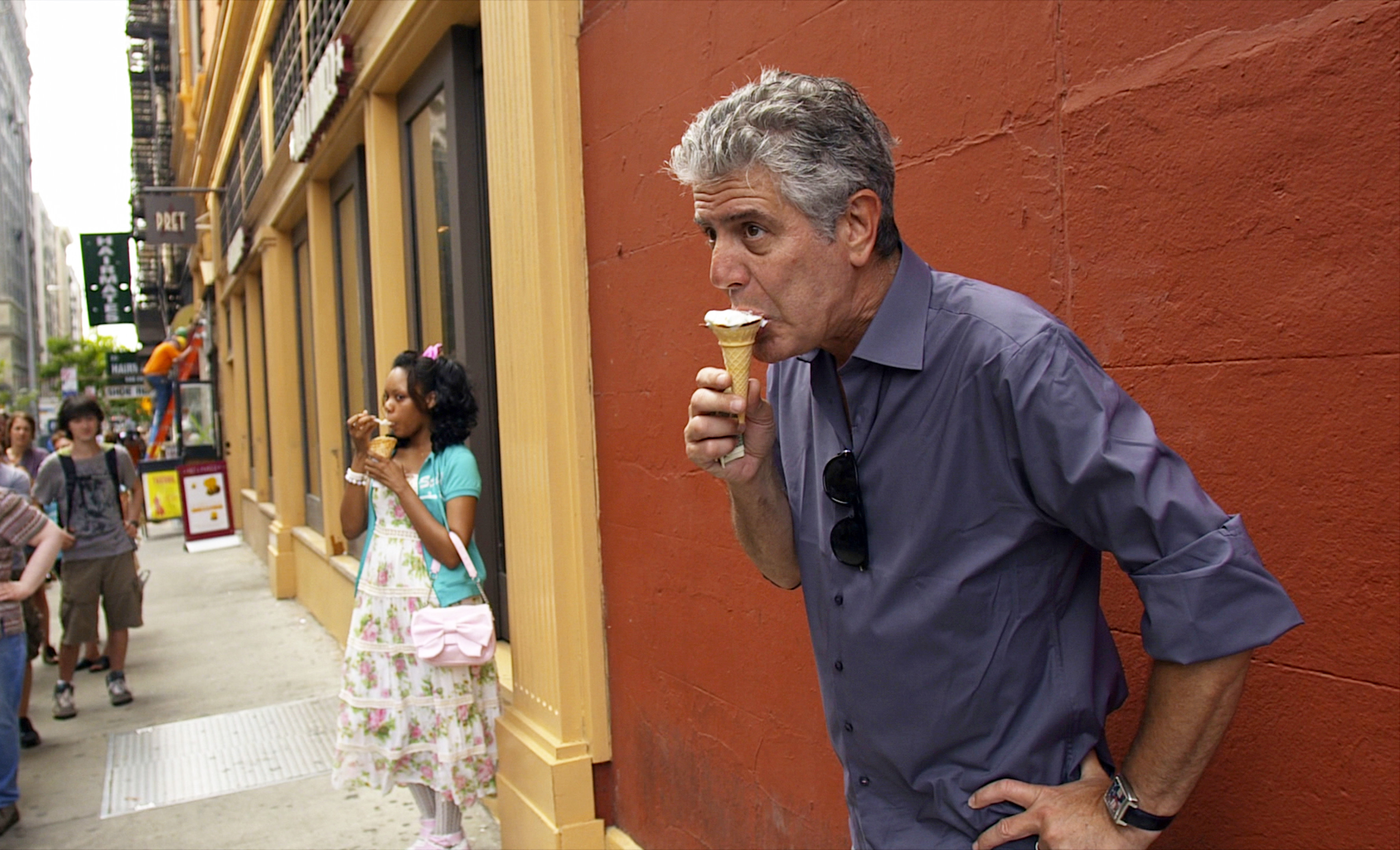Humans aren't the only species who will receive the COVID-19 vaccine in Pennsylvania.
The Philadelphia and Lehigh Valley zoos are planning to vaccinate their residents with an experimental vaccine designed specifically for animals.
The zoos will start by vaccinating the animals they believe are at the highest risk. At the Philadelphia Zoo, great apes, gorillas and orangutans will be first in line.
Keith Hinshaw, director of animal health at the Philadelphia Zoo, said they plan to vaccinate close to 120 primates and carnivores once their doses arrive in about a month.
Get Philly local news, weather forecasts, sports and entertainment stories to your inbox. Sign up for NBC Philadelphia newsletters.
Both zoos are getting their vaccines from the animal health company Zoetis, which is a former subsidiary of Pfizer. The company is working to gain approval for experimental use of the vaccine from the United States Department of Agriculture and the state veterinarian before sending over the doses, Zoetis spokeswoman Christina Lood said.
The vaccine has similarities to the COVID-19 vaccine humans are receiving, and will be administered in two doses scheduled three to four weeks apart.
Zoetis' vaccine is designed to be safe in mammalian species, and has already been tested in cats and dogs. Lood said there have been no reports of adverse reactions in cats, dogs or zoo animals that have already received their shot.
The company is donating more than 11,000 doses of the experimental vaccine to nearly 70 zoos for use in 100 mammalian species.
Hinshaw said he believes the benefits of vaccination outweigh concerns about administering the experimental vaccine to animals. He hopes that vaccinating the zoo animals will improve their health, and the health of humans, too.
"Vaccinating animals is important because healthy animals help keep people healthy, too," Lehigh Valley Zoo official Howard Scharf said in an email. "At least 75% of emerging infectious diseases have an animal origin, including COVID-19."
The Center for Disease Control and Prevention has previously said that the risk of animals spreading COVID-19 to people is low, although the virus can spread from people to animals in certain situations, particularly during close contact.
COVID-19 cases have been reported in big cats and gorillas at other zoos across the country, which has sparked interest in vaccinations for zoo animals.
Hinshaw said that as soon as he heard about primates at the San Diego Zoo getting vaccinated, he reached out to Zoetis to express interest in acquiring vaccines for the Philadelphia Zoo.
"We are concerned that if we don't do everything we can, we're running this risk of having something happen with our animals," Hinshaw said.
Zookeepers have already been taking precautions to protect the animals, such as limiting time spent in close proximity to susceptible animals and wearing masks, face shields and gloves.
The vaccine that the animals will receive includes the same antigen as the human vaccines, triggering a specific immune response based on the virus. The adjuvant, which carries the antigen into the body, is designed specifically for animals, Lood said. The vaccine does not include mRNA technology.
Many of the larger zoo animals at the Philadelphia Zoo are already trained for voluntary injections including vaccines because they receive influenza and rabies vaccines, among others.
Once the Philadelphia Zoo begins the vaccination process the keepers will continue to stay attuned to the animals' overall health and look for any signs that something is going wrong.
Hinshaw said that while he is glad the zoo is able to vaccinate and protect their animals, it may not have been necessary if more humans had decided to get vaccinated as soon as the vaccine became available to them.
"Now more than ever before, we can all see the important connection between animal health and human health," Scharf wrote.



